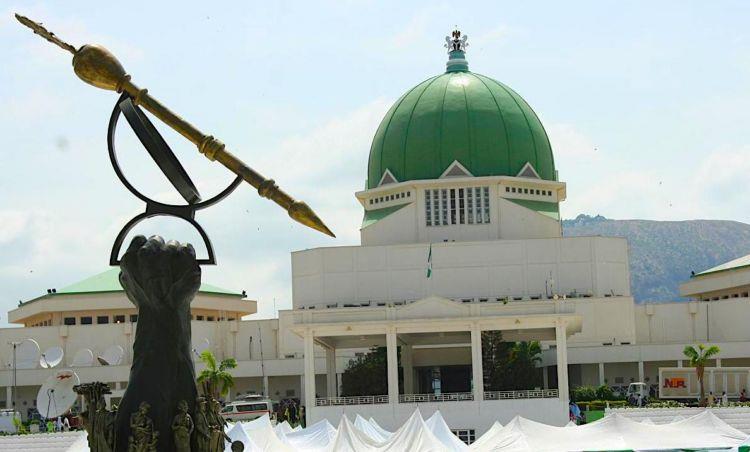The Senate and the House of Representatives on Tuesday speedily passed the National Minimum Wage Act 2019 (Amendment Bill) to increase the minimum wage from N30,000 to N70,000.
The bill, which scaled second and third readings at both legislative chambers in the National Assembly, just minutes after it was transmitted by President Bola Tinubu, was instantly passed separately by the red and green chambers.
In a unanimous vote after a clause consideration in the Committee of the Whole, the National Minimum Wage Bill scaled third reading and was passed at the Senate. The House also passed the bill immediately just like the Senate. President Tinubu is expected to sign the bill into law.
Last Thursday, Tinubu and the leadership of the Organised Labour agreed on N70,000 as the new minimum wage for Nigerian workers about six weeks after the President said in his Democracy Day speech on June 12, that an executive bill on the new national minimum wage for workers would be sent to the National Assembly for passage.
The lawmakers also amended the N28.7.trillion 2024 Appropriation Act by jerking the total expenditure profile of the budget to N33.055 trillion. President Tinubu had last week written the Senate, requesting for the increase.
In the communication, the President specifically asked for the withdrawal of N3.2 trillion from the consolidated revenue fund as additional capital expenditure and N3 trillion as additional recurrent expenditure, totalling N6.2 trillion.
Following the report by the Chairman of the Senate Committee on Appropriations, Olamilekan Adeola, the Senate thereafter approved N35.055 trillion as an amended aggregate expenditure profile for the 2024 budget.
Highlights of the amended budget are: N1.742 trillion for statutory transfer and N8.270 trillion for debt service. Others are N11.268 trillion for recurrent non-debt expenditure and N13.773 trillion for contribution to a development fund for the capital expenditure for the year ending 31st December 2024.
On revenue projections, the Committee said that the additional expenditure contained in the Amendment Bill will be financed by the one-time windfall tax on banks’ foreign exchange profits for the year 2023 as approved by the Senate.
The Senate thereafter adjourned for its annual vacation to resume plenary on September 17. The same was endorsed by the House of Representatives jerking the 2024 Appropriation from N28.7 trillion to N35.055 trillion. In his lead debate, Abubakar Bichi, who presented the harmonised joint Senate and House report, solicited the adoption of the recommendations of the Committee.
While responding to a question on the adequacy of the N3 trillion approved for the new national minimum wage, Bichi who answered in affirmative, said: “Absolutely, we did our calculations. We got the data from the Accountant General’s office before we applied this figure.
“So, we know the money is enough from now to December 31st to take care of that N70,000. Actually, it’s enough. Nigeria should be expecting dividends of democracy.”
The House also passed the bill to amend the 2023 Finance Act to impose a one-time windfall tax on banks’ foreign exchange gains. Following a report presented by the chairman of the Committee on Finance, James Faleke, the House passed the bill that sought to amend the 2023 Finance Act to impose a one-time windfall tax on banks’ foreign exchange gains.
A windfall tax is a higher tax levied by the government on sectors or businesses that have disproportionately benefited from favourable market conditions. The President had said the money would be part of the revenue used to fund the additional N6.2 trillion added to the 2024 budget.
The new law proposed the imprisonment of principal officers of banks who refuse to comply with the one-time windfall tax on banks’ foreign exchange profits in 2023. It also proposed a penalty of 10 per cent of the levy withheld or not remitted annually and interest at the prevailing Central Bank of Nigeria minimum re-discount rate.


